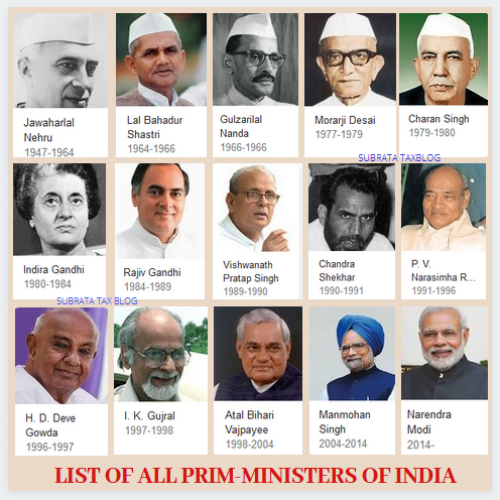When we ask a child what would they want to become? The most common response is a doctor, engineer, cricketer, actor or pilot.
We rarely hear anyone saying, how to become Prime Minister of India. Ever thought, why is it so? The most likely reason is the lack of knowledge about the role and how one can reach the top spot in Indian politics, becoming the most powerful person in the country.
If you thought that once someone becomes a State's Chief Minister, they can prove themselves and claim their spot as a PM. It is not as easy as it sounds. Historically, the longest-serving and most successful CMs have rarely become a PM.
How to Become Prime Minister of India
Qualification of Prime Minister of India

Although you may not need a specific academic qualification or degree to become PM in India, It is not an easy task. Typically the leader of the political party with majority in Lok Sabha (Lower House) elections.
If there is no clear majority, it comes down to the President's discretionary power.
Let's look at the qualification or eligibility criteria of a PM candidate:-
Portfolio
One selected Prime Minister can hold the position for a five-year tenure. However, they can continue to be a PM as long as the political party is in the majority.
If the party does not lose the confidence of a majority in Lok Sabha, the prime minister's term may end sooner than five years.
The current PM Mr Narendra Modi was the 14th elected PM of India in 2014. He Retained his position since BJP secured the majority in the 2019 Lok Sabha polls.
The most crucial role of the Prime Minister is to distribute various cabinet portfolios to other ministers and lead them to ensure successful functioning.
Some of the vital portfolios include defence, finance, home affairs, railways, agriculture, sports, law and justice. The prime minister has the authority to change or reshuffle the council of ministers at any time.
Lok Sabha Details And Power

The PM of India is considered the most influential person for a reason. The prime minister leads the council of ministers responsible for the functioning of Lok Sabha.
Presidents select this council of ministers only after consulting the PM. Currently, the strength of Lok Sabha is 543, and as per rule, the number of ministers in the council of ministers can not be more than 15% of the total seats.
The council of ministers include Cabinet Ministers, Minister of States, and Several Deputy Ministers
- As head of the council of ministers, the PM recommends that people be appointed as ministers to the President.
- The PM leads the functioning and exercise of India's government's authority.
- The Prime Minister heads the Niti Aayog, National Development Council, National Integration Council, Interstate Council and the national water reserve council.
- The PM of India recommends names for the appointment of:
- Chief Election Commissioner and other Election Commissioners of India (CEC and EC)
- Chief Information Commissioner (CIC) and Information Commissioners of India.
- Comptroller and Auditor General of India (C&AG)
- Chairperson and member of the Union Public Service Commission
(UPSC) - Attorney General and Solicitor General of India.

Conclusion
One has to be ready to dedicate his entire life to reach the top position in the Indian Parliament and how to become the Prime Minister of India.
More than the qualifications and constitutional requirements, the amount of social and political work and, to a significant extent, the destiny decides if someone can or cannot become PM.
Many successful Chief Ministers like Jyoti Basu or Pawan Kumar Chamling, who served several terms, could not become the PM.
In contrast, many with relatively more minor experience held prestigious positions. Be it the first PM, Pt Jawaharlal Nehru or the current PM Narendra Modi.
One thing common among all the PMs has been their leadership qualities and a vision to develop the country. If you want to become the PM of India, start by creating yourself into a leader first and see how you can impact society.
Frequently Asked Questions
Q1. Who is the youngest PM in India?
In 1984, Rajiv Gandhi became the sixth PM of India when he was 40 years old, making him the youngest prime minister.
Q2. How can I become the PM of India?
First, you need to become a Lok Sabha or Rajya Sabha member and be part of the party with a majority in Lok Sabha.
Becoming a PM is a long journey and typically starts with university-level politics.
Q3. What are the requirements for a PM?
Below is the requirement for the PM of India.
Must be an Indian citizen
Should be 25 years old if a member of Lok Sabha or 30 years if a member of Rajya Sabha
Should not hold an office of power.
Should not be guilty of any offence under a court of law.
Q4. How can I become a member of the Lok Sabha?
You must meet the below requirements to become an LS member.
Must be a 25 years old Indian Citizen.
Must be a voter in any parliamentary constituency.
Require one proposer if you represent a political party; Independent candidates need 19 proposers.
A security deposit of INR 25,000 at time of nomination.
How to become prime minister of India


